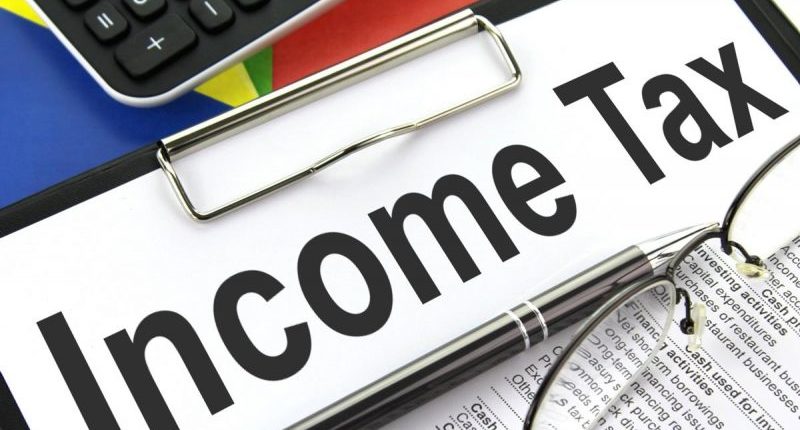For the AY 2020-21 (FY 2019-20), the government extended the tax return due date to 30 November 2020. While the government gave relief through an extension of the due date to file income tax returns, the extension is not for paying the tax dues above Rs 1 lakh.
In non-audit cases, a taxpayer should pay the tax due above Rs 1 lakh by 31 July 2020. In the case of taxpayers whose accounts of the business or profession are subject to a tax audit, the self-assessment tax should be paid by 31 October 2020. Such taxpayers can, however, file the return by 30 November 2020.
The government clarified that non-payment of tax by 31 July 2020 or 31 October 2020 will be liable for penal interest under section 234A. The rate of interest levy is 1% per month/part of a month until the payment of the tax dues.
Also Read: Tax Query: How is the interest income taxed on FD under sweep-in facility?
Let us understand the calculation of self-assessment tax and interest.
For example, for the AY 2020-21, Mr A, a salaried employee, needs to file a tax return for a gross income of Rs 17 lakh. His total income of Rs 15 lakh. He has TDS of Rs 80,000 on his salary income and TDS of Rs 5,000 on FD interest. He claims the tax deductions of Rs 2 lakh for tax-saving, medical insurance and other payments. His total income and tax calculations are as below:
| Income-tax calculation for AY 2020-21 | |
| Gross total income | Rs 1,700,000.00 |
| Less: Deductions for tax-saving, medical insurance, etc. | Rs 200,000.00 |
| Total income | Rs 1,500,000.00 |
| Income tax | Rs 262,500.00 |
| Add: Education cess at 4% | Rs 10,500.00 |
| Rs 273,000.00 | |
| Less: TDS | Rs 85,000.00 |
| Tax payable (balance) | Rs 188,000.00 |
In the example, Mr A should pay the self-assessment tax of Rs 1,88,000 by 31 July 2020. In case of delay in tax payment, say by five days, the interest of Rs 1,880 becomes payable. The calculation of interest under section 234A is 1% of Rs 1,88,000, the self-assessment tax due. The interest charge will be for the entire period of delay, including even a part of a month.
While calculating the self-assessment tax, you can also reduce the advance tax payments made during FY 2019-20 and any other tax credits such as foreign tax credit on foreign income.
However, if your balance tax payable is up to Rs 1 lakh, you can pay the same by 30 November 2020 without incurring penal interest under section 234A.
Please note that apart from the interest under section 234A, a taxpayer may have other interest liabilities for default or delay in payment of advance tax. In such cases, the taxpayer should calculate all interest dues and pay along with the self-assessment tax dues.
For any clarifications/feedback on the topic, please contact the writer at sweta.dugar@cleartax.in
I am a Chartered Accountant by profession. I specialise in personal taxes and corporate income tax matters. I am an avid reader and track developments in financial markets, economy and other market developments.





